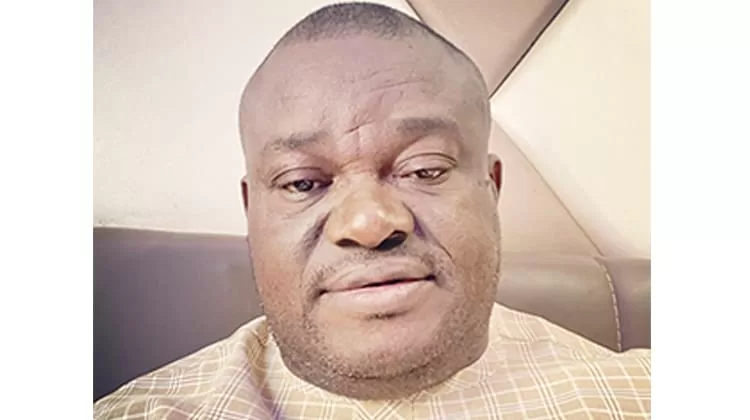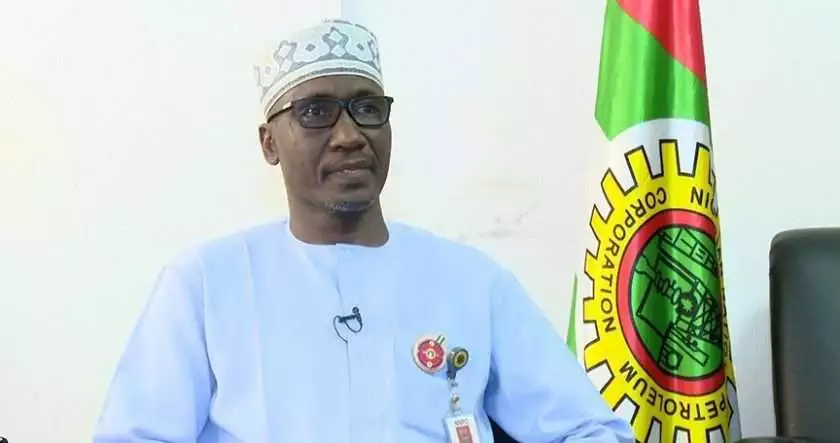By Abraham Amah
About three weeks ago, Boko Haram terrorists and its affiliate, the Islamic State of West Africa Province, ISWAP invaded three Internally Displaced People, IDP camps in Borno State and abducted more than 40 people, mainly women and children and are still holding them hostage up till this moment. About a month ago, more than 200 school girls were abducted from a secondary school in Kuriga, Kaduna State by bandits and thankfully the girls were released to the government after a series of negotiations with the bandits.
Early this year, three monarchs from Ekiti State were ambushed on their way back from a meeting and two of them were killed in the process while one was lucky to escape with injuries. Within the same period, school children in Ekiti State who were returning from school in their school bus were kidnapped by gunmen and taken to an unknown destination. They were released after a few days, unfortunately, the bus driver was found dead, apparently killed by the kidnappers.
The governor of Plateau State, Mr. Caleb Muftwang was given a special Christmas gift on December 25, 2023 by killers suspected to be herdsmen when over 160 people were massacred in Bokkos Local Government Area of Plateau State. Two weeks ago, 16 of Nigeria’s gallant soldiers on a peace mission were ambushed in Okuama village in Delta State and killed in cold blood with stories of missing body parts trailing the gory massacre.
And in the South East, the activities of killer herdsmen and the confrontations of separatist agitators with agents of the State have turned some parts of the South East into ghost towns where the indigenes have all abandoned their homes due to incessant killings and attacks. Recently, Abuja that looked like it was a safe haven has come under serious attacks by different types of non-state actors and the fact that most of the attacks happen in broad daylight and within the precincts of very well fortified military formations should give a military mind concern much more ordinary civilians who populate the city.
I have selected just a few incidents of recent cases across the six geopolitical zones and the Federal Capital Territory, FCT to drive home the fact that Nigeria on the whole is a country under the siege of insecurity and may be on the journey to unravel again if the government does not take urgent and very sincere steps to unpack the insecurity and deal with each of the strands effectively and decisively. No one is spared, including the high and mighty as we have seen incidents were very highly placed and seemingly protected people were attacked.
The audacity of the terrorists to attack an IDP camp and all other atrocious crimes directed at ordinary citizens and the State itself, is a direct challenge to the State’s control of the monopoly of legitimate violence and puts Nigeria on the alert category in the global Fund for Peace, Fragile States Index, FSI which is used to measure the stability and vulnerability of States to collapse. Sitting comfortably on the alert category means that Nigeria has consistently reported negative in the four indicators of cohesion, economic, political and social and cross-cutting sectors. What makes it worrisome is that most countries like Yemen, Syria and Afghanistan that unravelled, failed and collapsed had also shown the same signs that Nigeria is showing but those signs and warnings were ignored by the ruling elites.
Nurtured since 2003 with the silence of President Obasanjo when Boko Haram debuted, insecurity in Nigeria has assumed very disturbing dimensions and the way it is, only a President with a strong political will can look at insecurity in the face and put it where it belongs. The eight years of President Muhammadu Buhari did not help matters as he left it festering with charges from very well meaning and prominent Nigerians that he nudged his kinsmen who were major suspects in many of the atrocious crimes by looking the other way, keeping quiet when Nigerians were slaughtered and unable to bring the suspects to justice.
Resorting to a blame game would not make insecurity disappear but it is also good to understand that getting to its root causes would enable actors to take it out from the root and ensure it does not germinate again. I mentioned earlier that the government needs to unpack it to enable it to see the different colours and know what medication to apply. As it is now, it is clear that there are different causes of insecurity in the six geopolitical zones but one central theme that runs through all of them is that they have all assumed an alarming proportion of criminality and that alone de-justifies any just cause that would have led to it.
Bearing that in mind, the government should be sensitive to filter suggestions from notable Nigerians to ensure that narratives are not twisted to remove culpability from criminals. The recent suggestion by fiery Islamic cleric Ahmad Gumi that the government should negotiate with bandits and his interactions with the bandits is a good starting point for the government and intelligence community. For one it shows that these bandits are not ghosts but humans that live amongst us and his intervention therefore provides access to the bandits for the resolution of the intractable man-made problem.
But it also shows that there are powerful Nigerians who may in one way or the other be behind all the criminality that tests the unity of the country and are probably using it as a bait to negotiate for power. The kidnap of 276 school girls in Chibok in Borno State which fingered very powerful Nigerians and embarrassed the Goodluck Jonathan government should provide profound insight to the present regime in its efforts to understudy the recent spike in insecurity and how it shapes contemporary Nigerian politics.
It is easy to understand that a lot of the youths who have taken to insecurity did so because they were shot out of the economic channels of livelihood by the failure of leadership, but that also is not a justification for criminality, after all there are many unemployed youths who have not taken to criminality but are working very hard in legitimate areas of business to eke out a living. In listening to those who try to twist the narrative to say that the present spate of insecurity is caused by poverty not crime, radicalism not insurgency, business not separatism, the government should be careful to separate what is criminality from willful intent and forced participation because everyone who commits a crime has a reason why one did so.
Last week, the Nigerian Army profiled many terror suspects and released more than 300 ‘former terrorists’ on the premise that they were forced into terrorism. This is not the first time this is happening and we just hope that the Army is careful not to nurture a monster that would come back to hunt them. What the government must do is to strike a balance between where it has failed in providing economic opportunities for our teeming youths and begin to do that immediately to prevent the future generation of youth aged between 1-10 ten years from towing the same line based on the fact that the State abandoned its responsibility towards them.
And for those that are already caught in the web, the government must be decisive in treating criminality as criminality and ensure that the political wing that feeds the current insecurity is dealt a lethal blow. The present government has gone a step ahead of what the previous governments did not do, especially the Muhammadu Buhari regime, to release a list of financiers and sponsors of terrorism. Last week, the Nigerian Financial Intelligence Unit, NFIU released a list of 16 names of corporates and individuals who have financial links to terrorists. In 2021, the United Arab Emirates. UAE passed on a list of terror financiers to the Muhhammdu Buhari government and the list was never made public until he left, a testament to the fact that some powerful Nigerians were involved.
The action of President Bola Ahmed Tinubu to name and locate the financiers of terrorism is a good take off point and a bold statement that he wants to confront insecurity head-on. He should also understand that the powerful forces behind the festering insecurity would not go down easily. He therefore needs the full support and cooperation of well meaning and equally powerful Nigerians who genuinely want to see an end to the insecurity that looks to torpedo our genuine efforts at nation building.
I encourage the President to seek partnership with the United States, the United Kingdom and the European Union, EU in areas of technology and intelligence gathering to the extent that they do not impinge on our national security and sovereignty and ensure that this hydra-headed monster that has held us down in the past 21 years is curbed from the root to give the new economic trajectory he is incubating a sustainable lifewire. No country can make progress in the midst of insecurity. The siege must be broken.
Amah is Abia PDP Acting Publicity Secretary/ Vice Chairman





